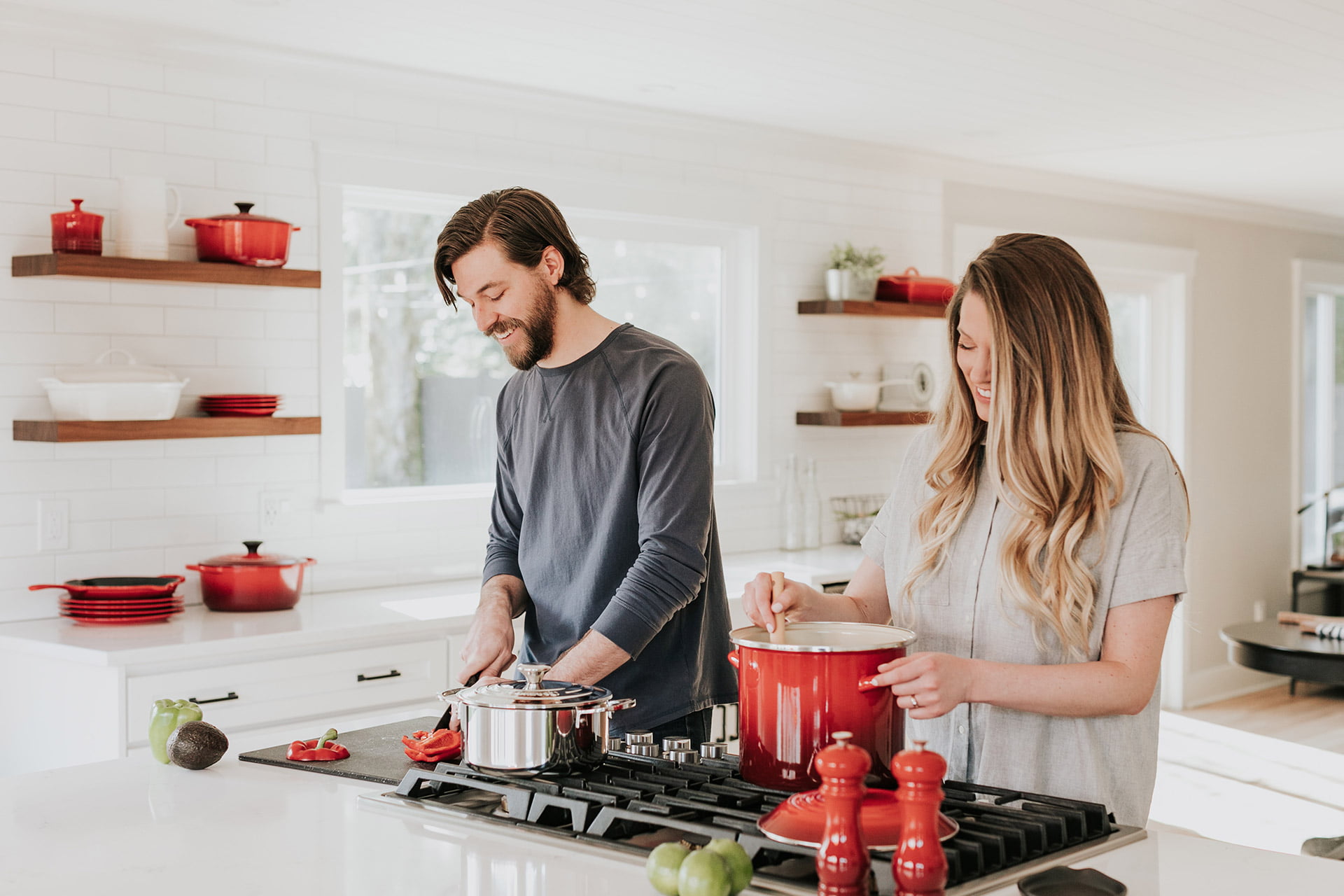Buying property by yourself or as a couple has never been harder. As a result, we are needing to become more creative about how we go about it. One option, which is a growing trend both in New Zealand and overseas, is to join forces with friends or family to buy a property together.
This option also includes parents who are assisting their children into a first property. Parents have increasingly been financially assisting children by way of a cash gift or loan or providing their property as security for bank lending to the children. Rather than being “Bank of Mum and Dad”, many parents prefer that their financial contribution to their child’s property purchase gives the parents an ownership interest in the property. This allows the parents to benefit from any future capital gain that the property may attract.
Co-ownership is on the rise and looks here to stay. It is certainly an effective way to get on the property ladder. However, buying a property with other people is not the same as buying it yourself where you get to call all the shots. Before going down the co-ownership path, you need to carefully consider how co-ownership will work between you. You then need to document what you have agreed in an agreement that is commonly called a property sharing agreement.
The agreement will set out each owner’s rights and obligations in respect of the property and key matters to be covered include:
- Each owner’s ownership share of the property which often is calculated by their contribution to the purchase price. The ownership shares are usually recorded on the title
- How the purchase price has been funded between the owners. If there is bank or other lending, who is responsible for making these repayments
- Who will live in the property
- Who is responsible for ongoing costs of the property. These include not only utilities such as power, water, rates and insurance but also the costs of repairs and maintenance and any renovations that need to be carried out
- A common area for disagreement is whether repairs, maintenance or renovations should be carried out on a property. There should therefore be a mechanism for dealing with any disputes
- If an owner fails to make any payments for which they are responsible, then the other owners should be entitled to claim these costs from the defaulting owner
- An exit mechanism is needed to allow an owner to pull out of the co-ownership arrangement. A common process is for one party to be given the opportunity to buy the other party’s ownership share, failing which the property will be put on the market for sale. This process would also cover the situation of a co-owner dying



